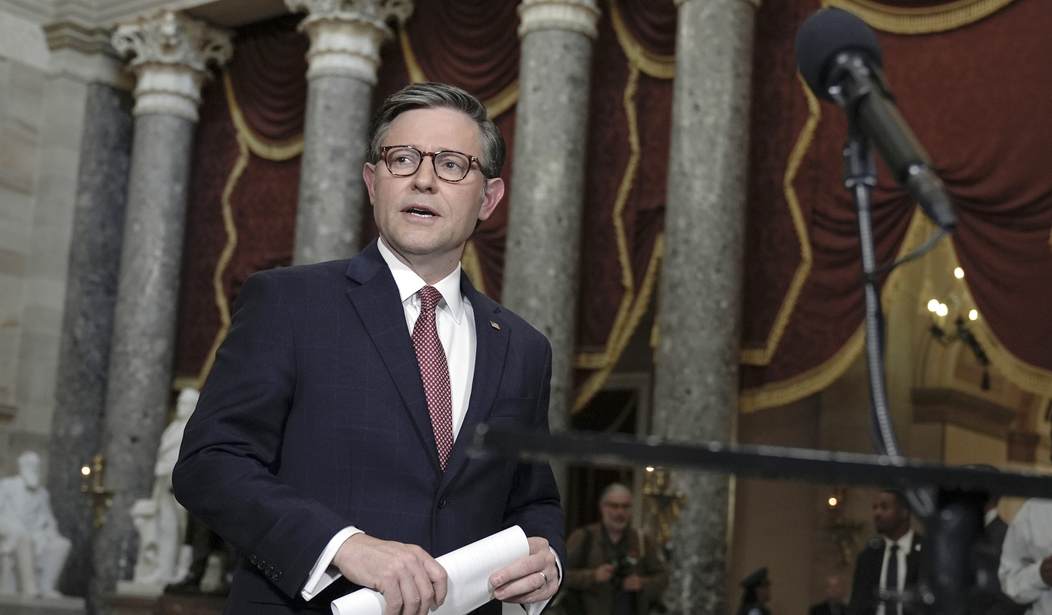U.S. House leaders unveiled a bipartisan funding agreement on Sunday to avoid a government shutdown.
Senate Majority Leader Chuck Schumer (D-NY) announced the legislation to fund the government until December 20. It includes $231 million in U.S. Secret Service funding with conditions that the agency would cooperate with congressional investigations. The spending bill also provides funding to replenish a disaster relief fund and aid with the presidential transition.
“Over the past four days, bipartisan, bicameral negotiations have been underway to reach an agreement that maintains current funding through December 20 and avoids a government shutdown a month before the election," Schumer said in a statement. “While I am pleased bipartisan negotiations quickly led to a government funding agreement free of cuts and poison pills, this same agreement could have been done two weeks ago.”
The bill comes after Johnson tried to tie in a mandate that would have required states to require proof of citizenship when people register to vote. Former President Donald Trump urged Republicans to shut the government down if the election security bill didn’t become law. However, it had no chance in the Democratic-controlled Senate and was ultimately opposed by the White House.
The legislation was passed in what House Speaker Mike Johnson (R-LA) called a "very narrow, bare-bones" plan that included "only the extensions that are absolutely necessary."
“The feedback and ideas from everyone have been very helpful, and next week, the House will take the initiative and pass a clean, three-month CR to prevent the Senate from jamming us with a bill loaded with billions in new spending and unrelated provisions. Our legislation will be a very narrow, bare-bones CR, including only the extensions that are absolutely necessary,” Johnson said in a Dear Colleague letter. “While this is not the solution any of us prefer, it is the most prudent path forward under the present circumstances.”
Recommended
Johnson admitted that a government shutdown just weeks before a presidential election would "be an act of malpractice.”
House members are expected to vote on the legislation this week.

























Join the conversation as a VIP Member